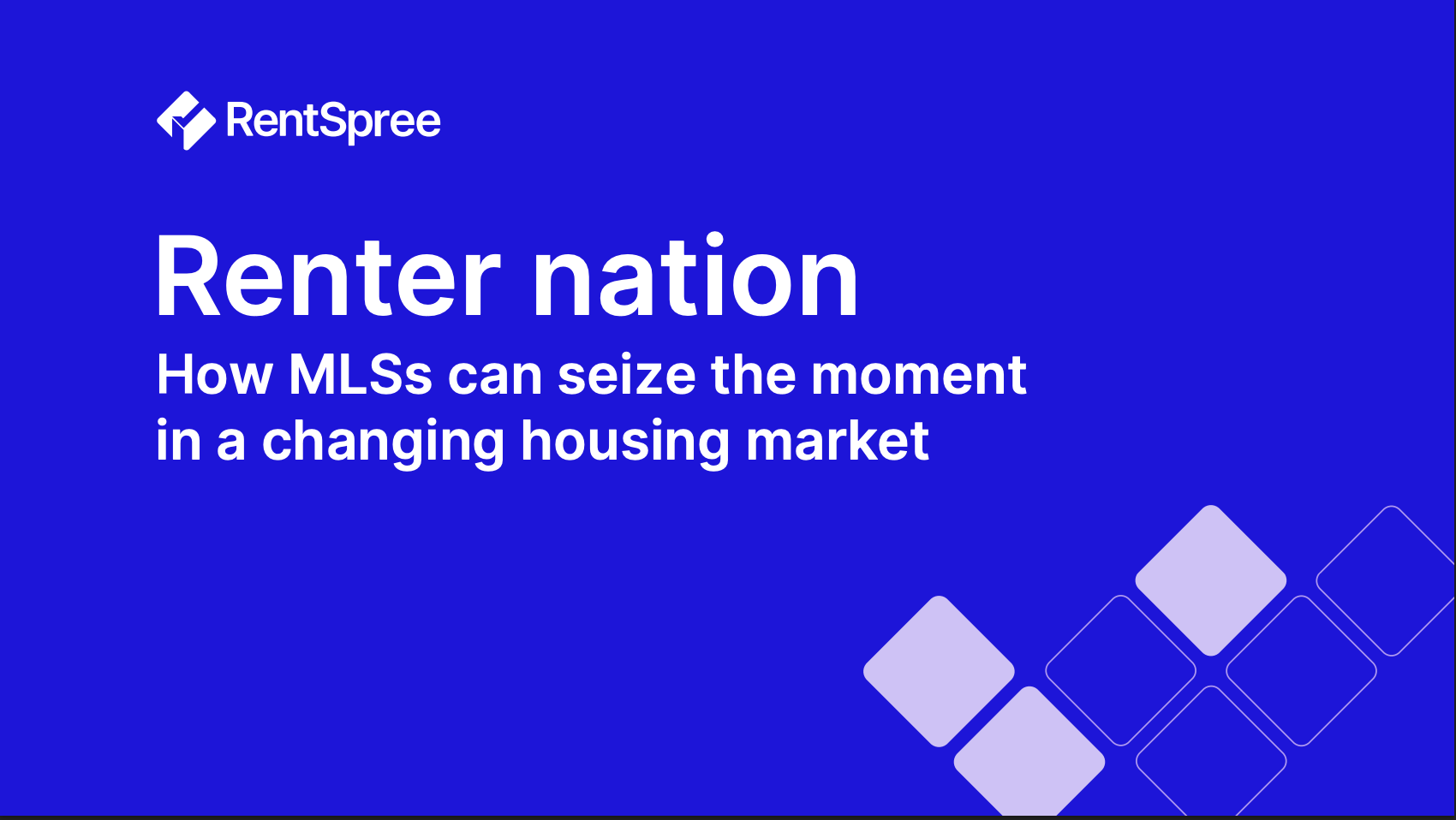The new year is here, and at RentSpree, we've researched what we predict will be the top PropTech trends of 2023. During the pandemic, the real estate industry embraced property technology to keep operations going. Now technology adoption is an essential function of real estate.
Here are the top 10 biggest PropTech trends you should expect in 2023:
1) Rent and Home Price Estimation
In 2022 the real estate market saw extreme increases in pricing. Many real estate agents reported that competition for homes was at a historic high. Regarding the renters market, unit prices across the U.S. have tripled since 2020. According to the National Association of REALTORS®, "rental prices rose nationwide 10.9% year-over-year." Due to the market's volatility and uncertainty with home and rent prices, there is a demand for a price estimation tool. A PropTech tool that helps with pricing decision-making takes out the guesswork.
2) Online Tenant Screening
Offering online tenant screening helps ensure property owners, landlords and agents can find the right tenant for their rental property and keep their properties' filled with reliable, financially qualified renters. Online leasing expedites the process of getting renters onboarded and allows people from out of state to fill out these leases quickly. It also gives both renters and landlords 24/7 digital access to the lease in case they need to reference it for any reason.
3) Sustainability
PropTech provides the potential to create energy-saving capabilities that give renters and buyers more insights about their energy usage in real time. Such as making environmentally friendly decisions by monitoring overall water, gas, and electricity consumption. More people are aware of their consumption habits and how their actions harm the environment. According to Forbes, 77% of people want to learn how to live more sustainably.
4) Virtual and Augmented Reality
Real estate agents and landlords can connect with potential tenants virtually by giving them a tour of the property. Also, if a renter or buyer is not from the area, a virtual tour helps them get acquainted with the property. In addition, Facebook recently announced its new brand "Meta," a 3D metaverse. Now that one of the most successful tech companies invests and develops in virtual and augmented reality, we expect to see this trickle into the real estate industry.
5) Data Analytics
Harnessing large data sets will take the real estate industry to new heights. Data is an excellent resource for compiling information on buying trends, active listings, liens, or spatial offerings. Therefore, data in the hands of real estate professionals will revolutionize the workforce by uncovering insights that are impossible to detect without PropTech.
6) AI Neighborhood Analysis
Specific AI algorithms have the capabilities to help renters and homebuyers make decisions on what neighborhood they want to live in. In addition, the AI takes into account crime, schools, walkability, restaurants, nightlife, and more. Most people research the neighborhood they are looking to live. Thus having a PropTech tool that helps renters determine if the location fits their needs leads to better lease retention rates.
7) IoT Compatible Smart Buildings
Internet of things (IoT) are physical objects that connect to technology. 86% of millennials are willing to pay more for a property with smart home technology, according to Wakefield Research. As society advances, we anticipate more buildings will have IoT compatible features. For example, fire detection, HVAC systems, lighting control, and security access control.
8) 5G
The bandwidth of 5G will revolutionize the real estate industry workplace. Workers have a greater opportunity to telecommute and access PropTech on job sites that otherwise would not. From an infrastructure perspective, establishing 5G is an absorbent task, which is why we predict this technology will come to fruition toward the end of 2022. Once 5G is accessible to most people, it will streamline real estate functions.
9) Drones
Drones have been around for several years now. However, with the increase in virtual tours due to the pandemic, we expect to see drones grow in popularity. In fact, real estate agents might give virtual tours to renters via drone. As the real estate industry continues to embrace technology, drones are expected to experience significant advancements.
10) Automation
The real estate industry is moving away from traditional practices that slow down productivity. With automation, work functions are moving toward digital operations. The entire rental process is quickly becoming automated—for example, rental applications, tenant screenings, virtual tours, rent payment, and e-signatures.
Screen and lease with confidence
Find qualified tenants faster than ever with results you can trust.


Related posts
Want to make rentals easier to manage?
Save time on marketing, screening, and payments. Join over 2 million agents, landlords, and renters using RentSpree.





.jpg)

